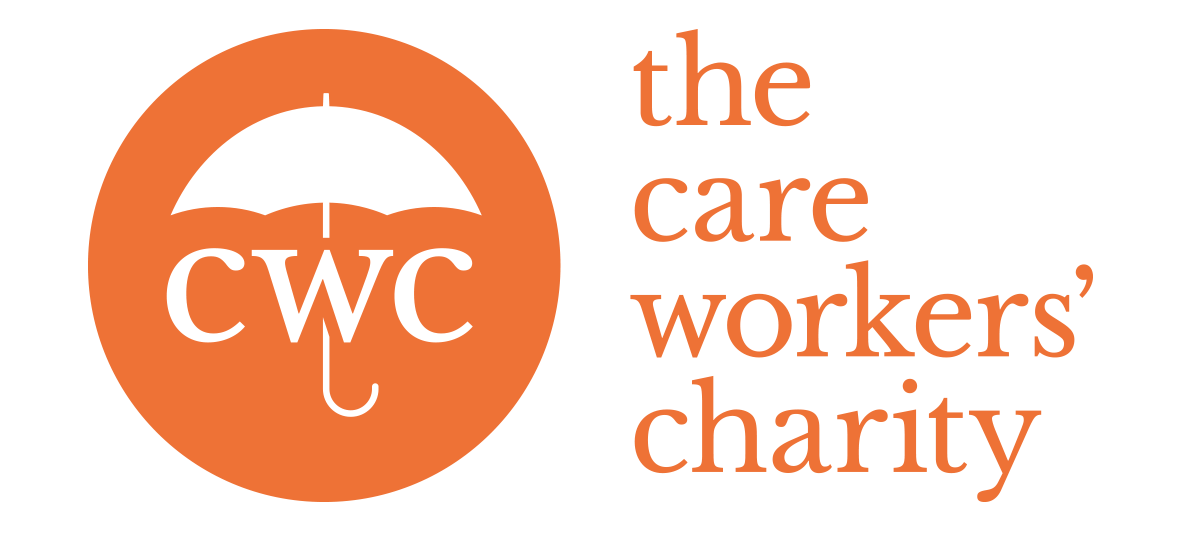Why older LGBTQ+ people want, need and deserve a space
to call home
It was a few years ago I heard rumours about a retirement community in London specifically for the LGBTQ+ community. I’ll admit as a gay man in my early twenties, I hadn’t even given any thought to my retirement, never mind considered how being LGBTQ+ might influence the choices I made as I entered later life. In retrospect I realise how naive that was, and how privileged I am to live in a time after the radical shift we have seen with regard to LGBTQ+ people over the past twenty years.
Five years later and I am now proud to call myself a staff member at Tonic. As a community-led organisation, Tonic is run, governed and stewarded by a majority of LGBTQ+ people. Many people at Tonic are older and bring their own experience and expertise to the organisation, as well as their own fears and anxieties about what the next phase of their life might bring. Tonic was borne out of these fears, but mostly it came from the hope of a better tomorrow, where communities can come together to address their own housing needs.
My job at Tonic involves working on the ground with our community, our customers and soon, our first residents. In March 2021, it was announced that Tonic had secured £5.7m of loan funding from the Mayor of London’s Community Housing Fund to open the first LGBTQ+ affirming retirement community in UK history, in partnership with One Housing. Recently Tonic made housing history again by becoming official owners of our first 19 Shared Ownership properties, also known as Tonic@Bankhouse, an independent living block situated in the heart of Vauxhall. We are already in the process of delivering the hattrick with the aim of becoming the only LGBTQ+ specific Registered Provider of Social Housing.
Within a week of announcing, Tonic had become global news and our list of potential residents had increased to over 500 people (and counting). Although we were thrilled, the sharp increase in those interested only served to highlight what Tonic and our partner organisations Stonewall Housing and Opening Doors London already knew from our joint research, Building Safe Choices 2020, that some older LGBTQ+ people want and need this type of housing to feel safe and not isolated.
The sad reality is all too often we hear stories of people at the receiving end of homophobia in care homes and retirement communities, and others who are routinely harassed by their neighbours. We know from the No Place Like Home report (2017) that LGBTQ+ people often hide photographs of same-sex partners or LGBTQ+ literature when being visited and many don’t feel safe in their neighhbourhood. I recently spoke with an
85 year old who was reluctant to receive further care because a previous carer had insisted on wearing gloves in his presence because of his HIV status. There is clearly so much work to do and this is where Tonic is stepping in as a positive force for change.
We also work to challenge the UK’s rather negative view of ageing, which stands in stark contrast to countries like New Zealand. Tonic sees ageing as a positive part of life and something we should look forward to, not shy away from. Whereas care provision is often at the forefront of people’s minds when considering a move into retirement housing, we see it as just one of the many factors that contribute towards a happy and full life as one grows.
Tonic is creating a space where high-quality, LGBTQ+ affirming care is a given, and part-and-parcel of the homes we will offer. The effect this has is it allows us to shine the spotlight on something else: our community.
We are creating a space where our community can come together, give mutual support or just sit on their balconies with a cup of tea to share stories and watch the world go by. And it is only when we shine the light on our community that we truly have the opportunity to celebrate the amazing lives, identities, contributions and histories of LGBTQ+ people. I am proud to be part of an organisation that is doing just that.
By Daniel Hibbs-Woodings
